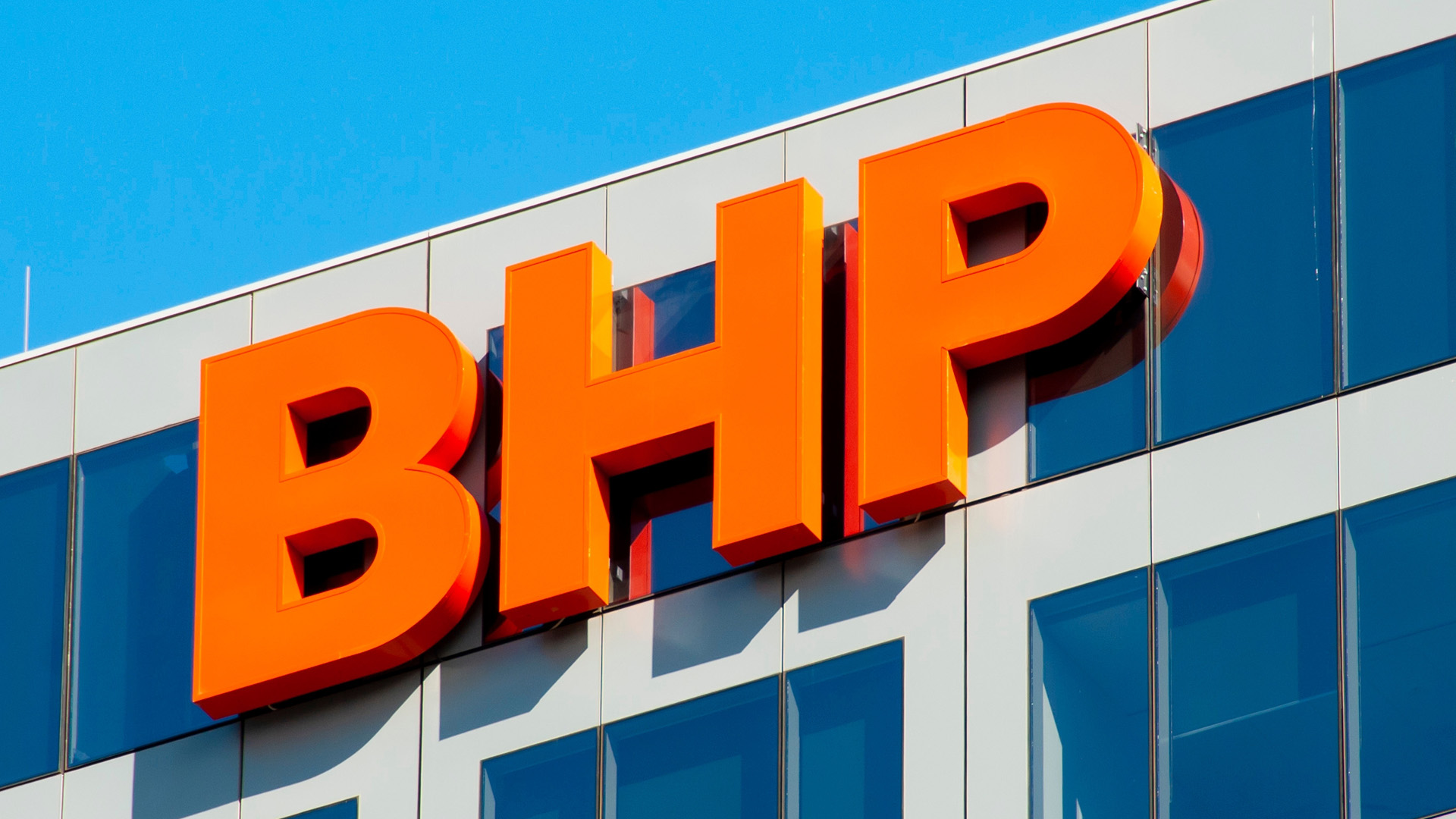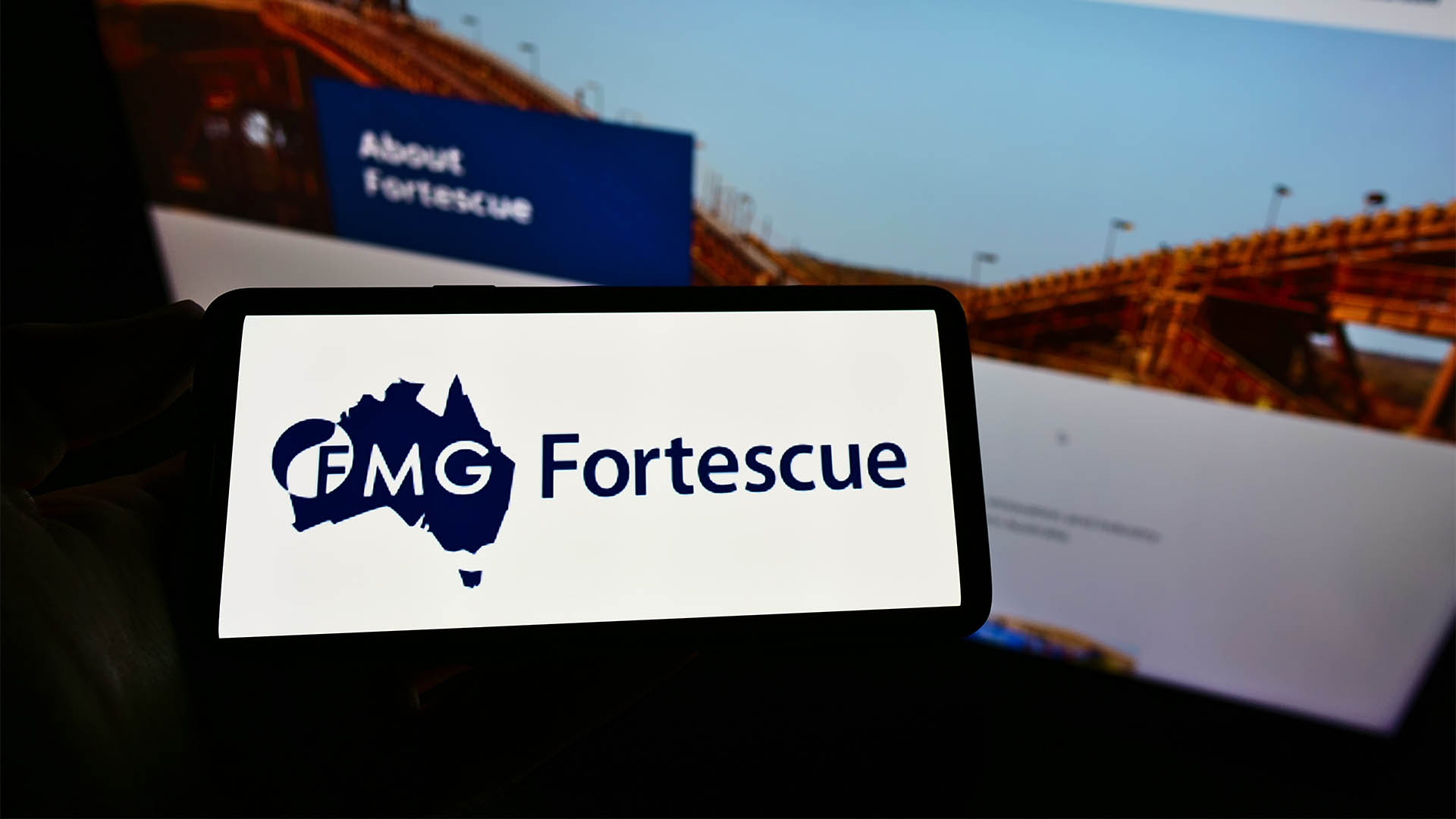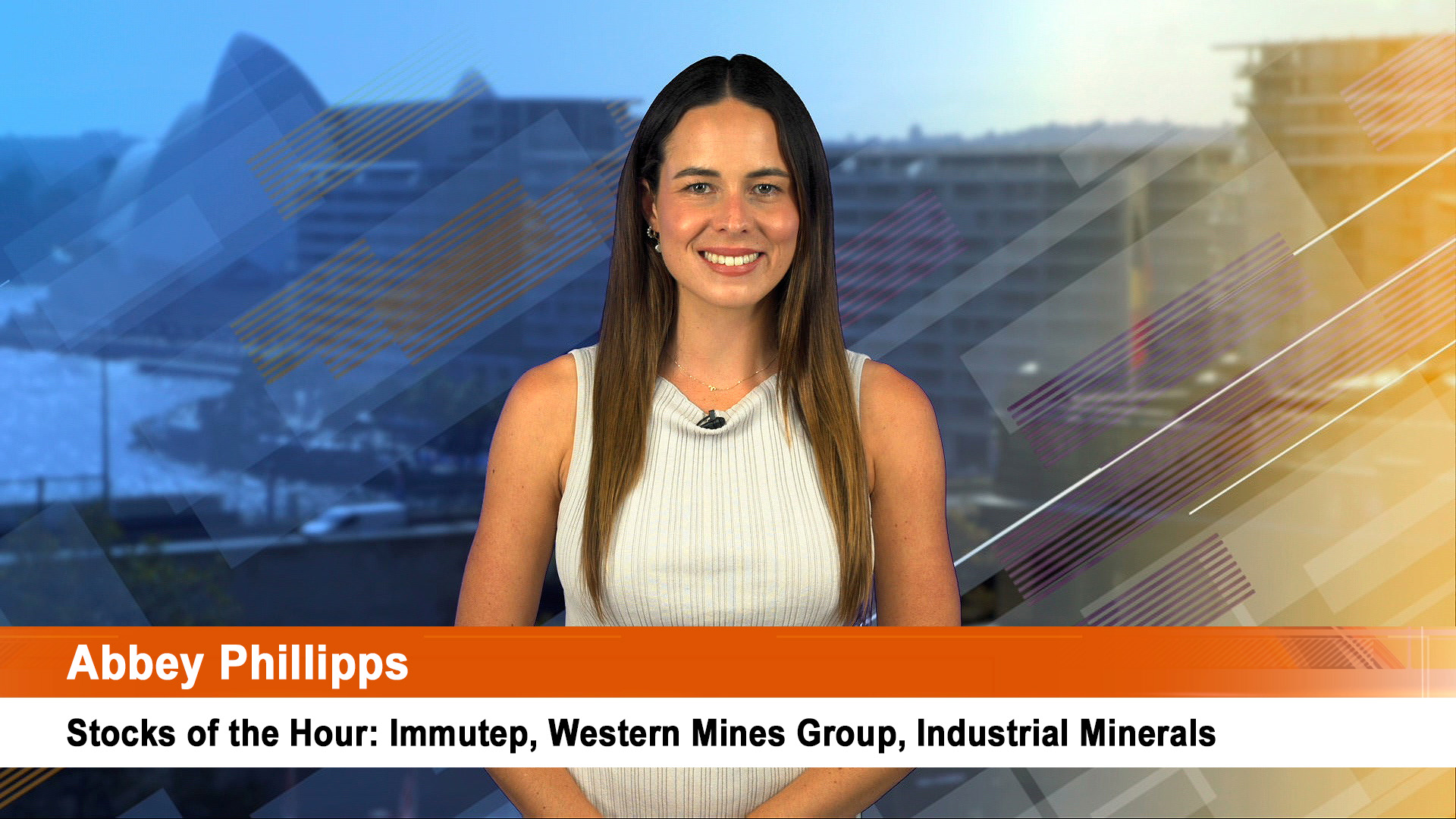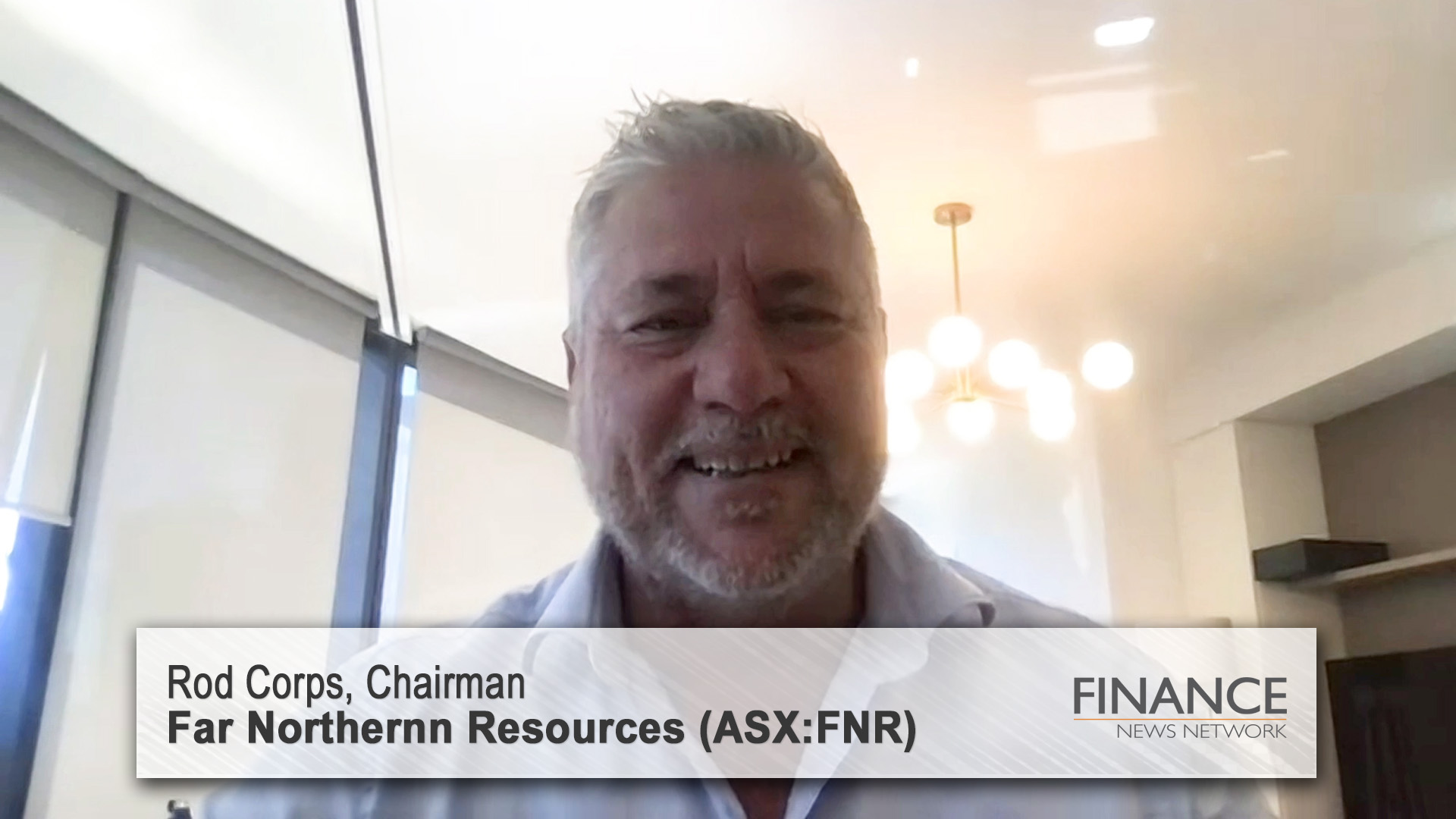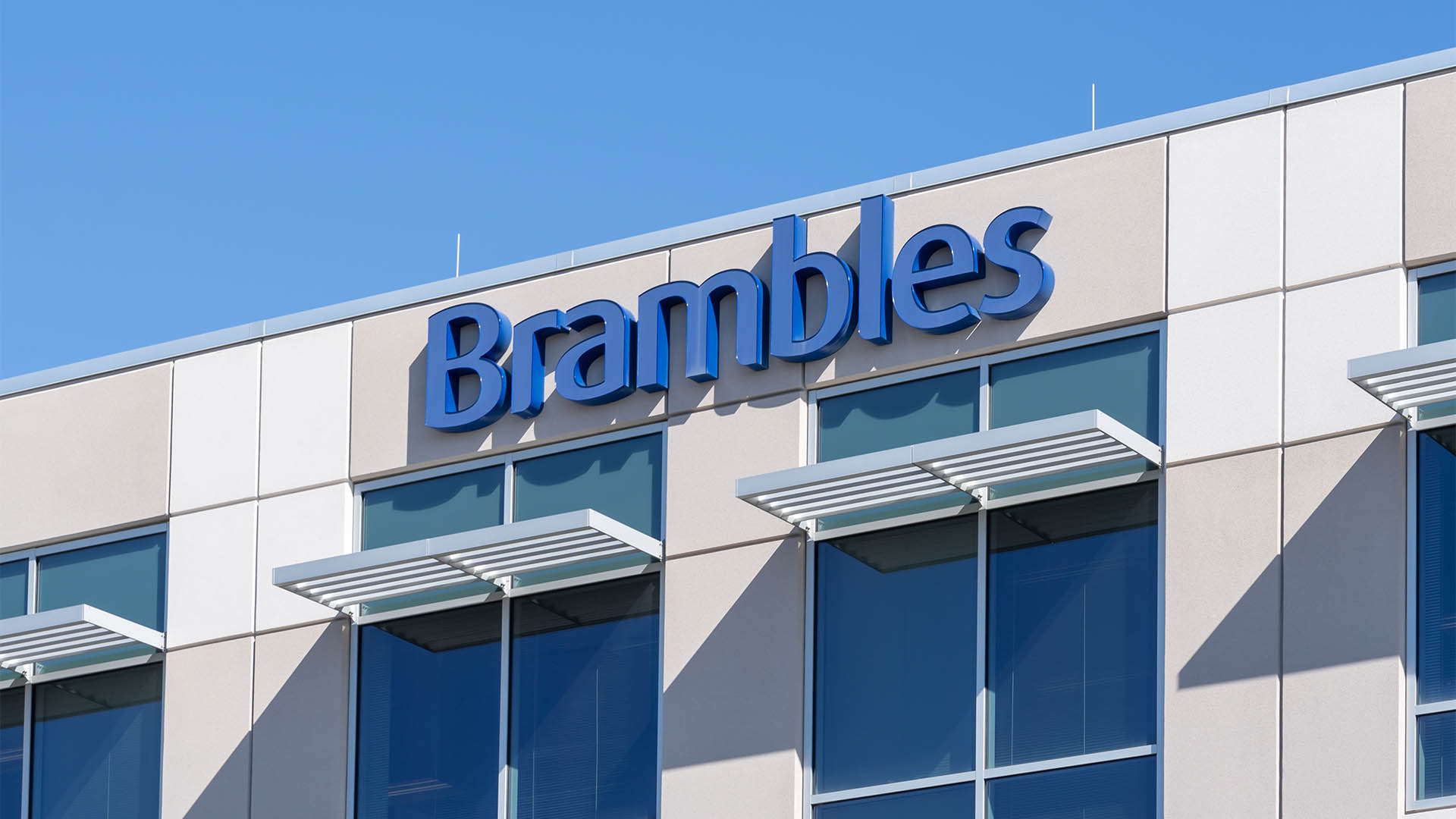Despite the prevalence of bad news stories and sea of red across stock screens, it’s not all bad news.
The first piece of good news for value investors is interest rates, which will stay lower for longer. This should result in a race for companies with stable dividend yields, or at least perceived stability. Therefore, bond-proxies are likely to get bid up.
It’s also likely that any company that can deliver earnings growth is going to get a P/E re-rating. The spread between low and high P/E companies could blow out again, as market participants chase companies that can grow earnings. While this isn’t a great environments for value investors in isolation, this market sell-off allows us to buy some high-quality growth companies at a good price.
The second piece of good news for fundamental value investors is that in the next twelve months, life will get tough for passive, quantitative and momentum investors. Momentum, both passive and active, has been the best performing strategy over the last five years. It works fantastically well in an upward sloping market but in a choppy market, can be disastrous.
A few things get me excited as a fundamental value investor.
Momentum works both ways.
Momentum does not care about valuation; it simply focuses on earnings and share price momentum. While this led momentum investors to continue buying overpriced stocks, with the likelihood of earnings downgrades and negative share price momentum, these investors will sell these companies irrespective of value. This is a dream situation for a fundamental value manager.
Emergency capital raisings.
During the GFC, significant money was made by participating in recapitalising companies which experienced liquidity issues. The core business was fine, but with a credit crunch they were over-stretched and needed an equity injection, usually undertaken at a depressed price.
This is likely to happen again in the next few months, however it’s going to be much tougher in 2020 than it was in 2009. Why? Because the composition of the market has changed dramatically.
There is significantly less money in the hands of fundamental value managers because it has transitioned to quant, passive and momentum managers. Quant and passive will not participate in these capital raisings unless there is index inclusion (yawn) and momentum only ever participates in equity raisings if combined with an EPS accretive acquisition. In essence, the demand/supply dynamics mean there are considerably fewer participants looking to provide capital for recapitalisations, which means we can be very picky on price and quality. This is great news for value investors.
What have we been buying?
Some Old Favourites
TABCORP: Having sold some about $1/share higher a month ago, TABCORP looks extremely attractive at current levels. We believe the lotteries business justifies the current valuation on a free cashflow yield of 4%. On this basis, the wagering and gaming businesses, which will generate around $480m EBITDA in FY20, are ‘free’.
Incitec Pivot: The share price has been under pressure because of weakness in urea and DAP prices globally, and drought conditions in Australia impacting earnings. However, it generates most earnings from selling ammonium nitrate to miners and construction materials companies in Australia and the US, two markets with little competition. With breaking rains at the right time, the fertiliser distribution business should bounce back this year. Two years ago, the company generated EPS of $0.25/share. It’s currently trading at a 30% discount to book value and 8.6x mid cycle earnings, making it a good opportunity.
Some new additions
Adelaide Brighton: one of Australia’s biggest construction materials and lime producers. Earnings have been under pressure in recent years due to import competition, a drop off in multi-residential construction and lower infrastructure projects spend. The share price over the last two years has fallen from $7/share to $2.56/share and the EPS over the last ten years has oscillated between $0.10/share and $0.35/share. At mid-cycle, Adelaide Brighton is probably trading on 10x P/E with a strong balance sheet to take advantage of distressed opportunities, and a 30% discount to book value.
MacMillan Shakespeare: Two main businesses, fleet leasing and novated leasing/salary packaging are largely administered for not-for-profit organisations; it also generates revenue through selling novated leases to customers. While the weak car market and slightly lower commission from finance providers has created and may still create a headwind, if you strip out the fleet business at book, you are buying the core business at an ungeared P/E of 7.5x. The stock price has halved in four months and we are buying this on a fully franked dividend yield of 8.1%. It has successfully grown the business organically and has recently invested capital to automate its back-end tech stack and digitise the front end. Shareholders have yet to see the benefit of this.
We are not complacent about the massive issues facing the global economy in these unprecedented times. However, we are excited by some of the eye-watering opportunities available in the current market. Having cash to deploy as the passive investors, ETFs, momentum investors and leveraged hedge funds are all selling will set us up well for the future.
It’s important to remain patient, have some cash available and not be too scared to buy shares, even if we expect a downgrade. This should be a great time for those with cash on hand to capitalise on exceptional opportunities. We intend to do this, but won’t lose focus on the important things, particularly our forensic approach to analysing each company’s balance sheet, business model and cash generation.






